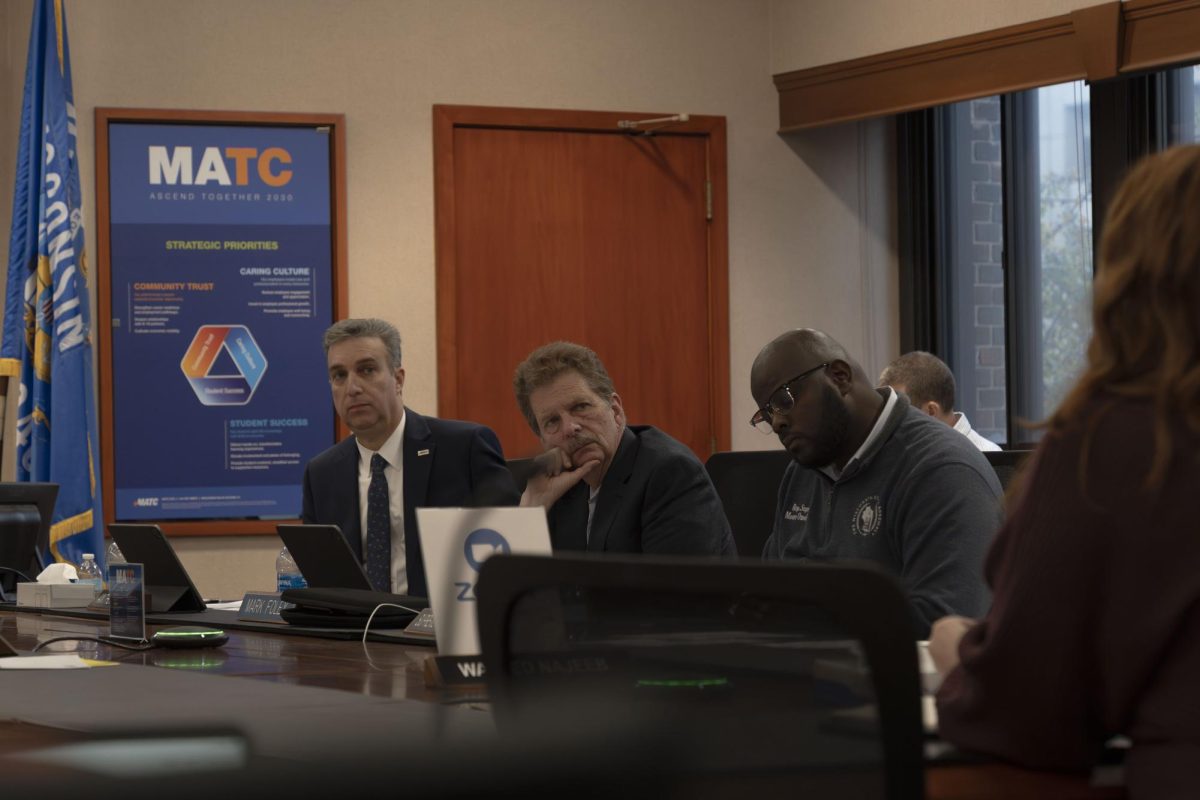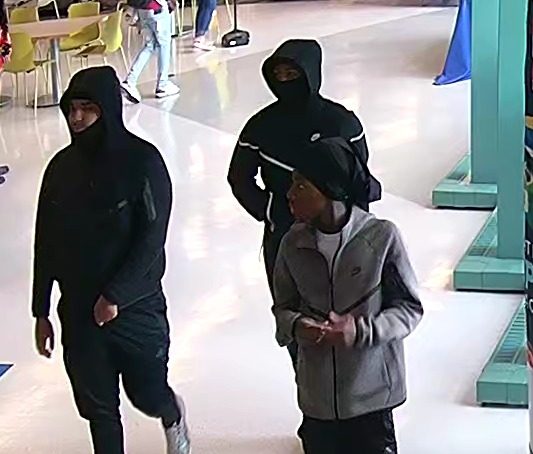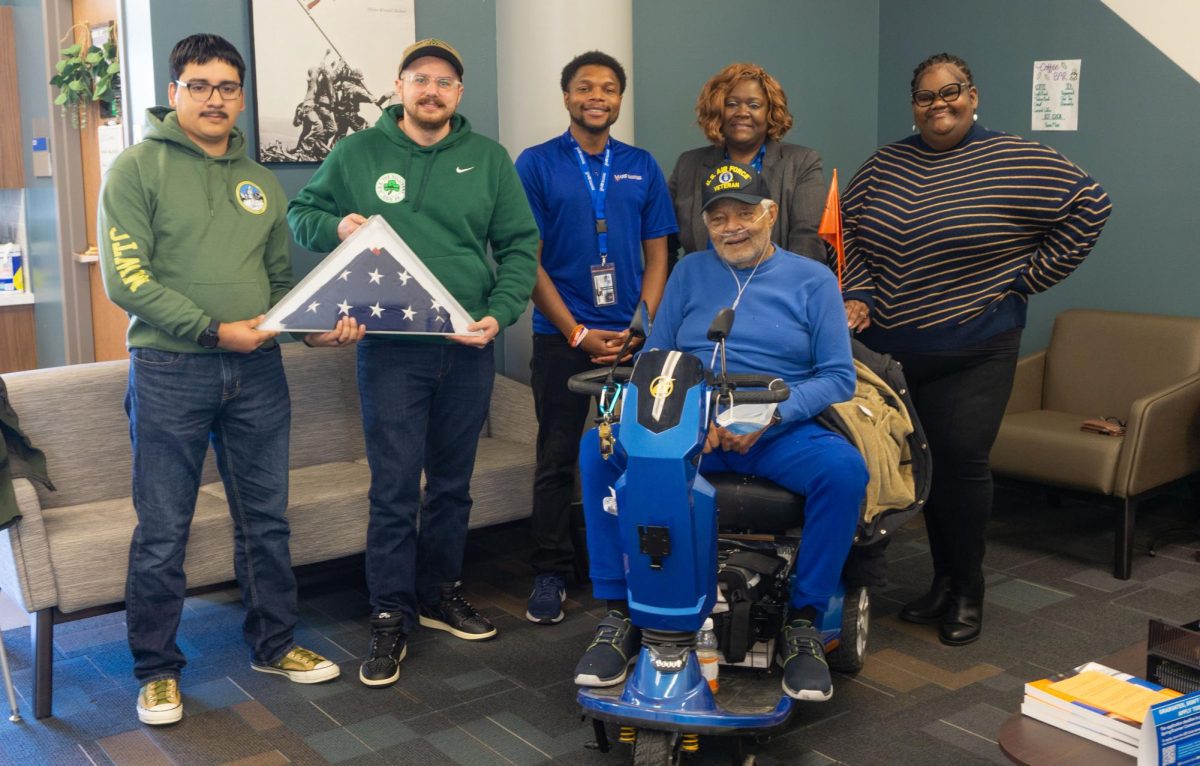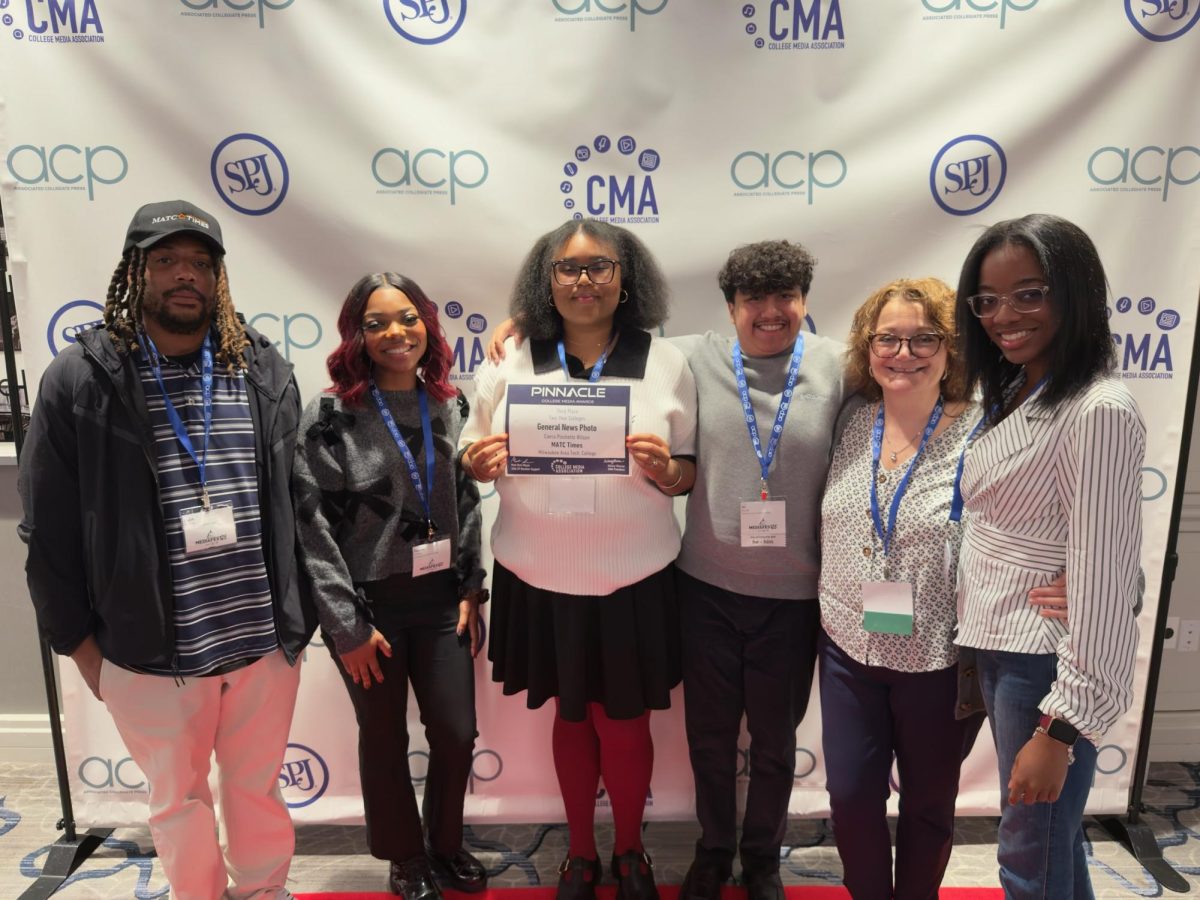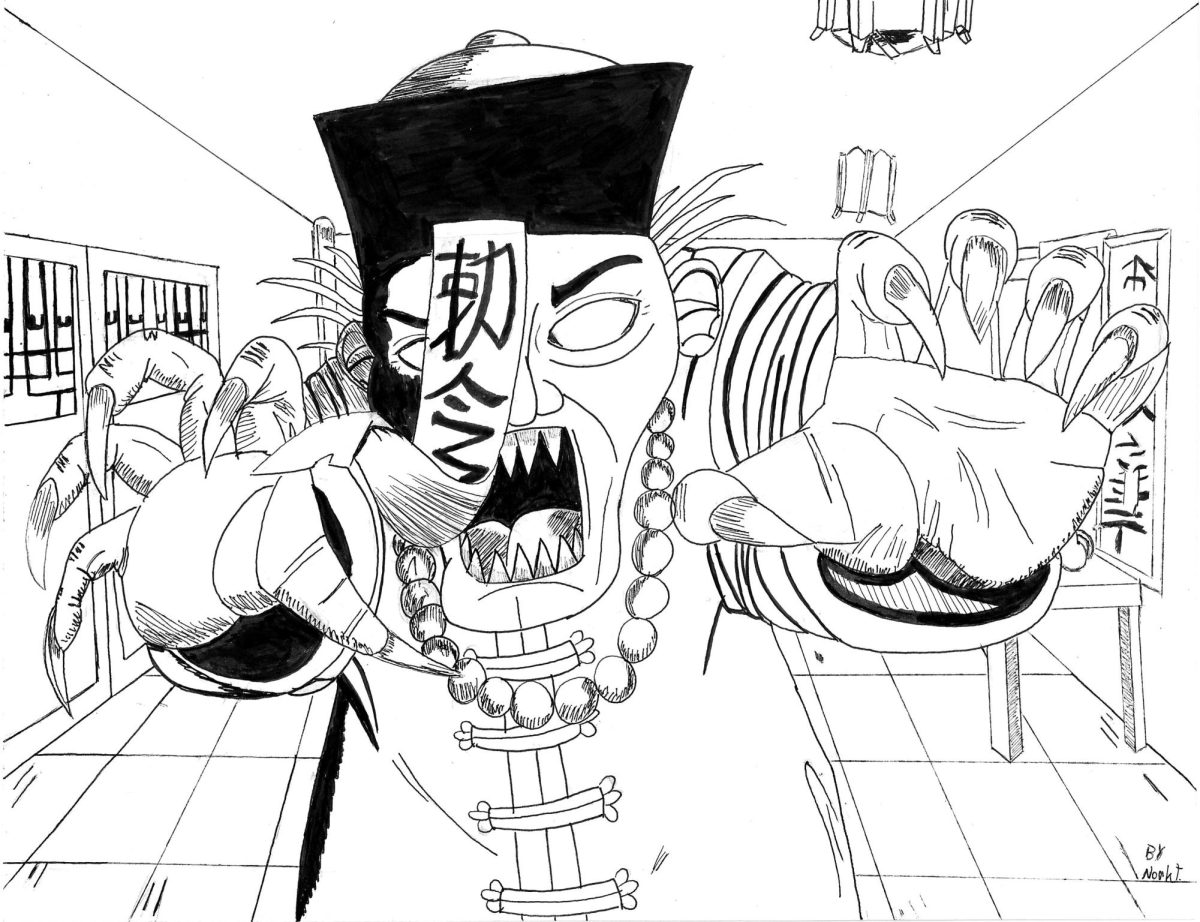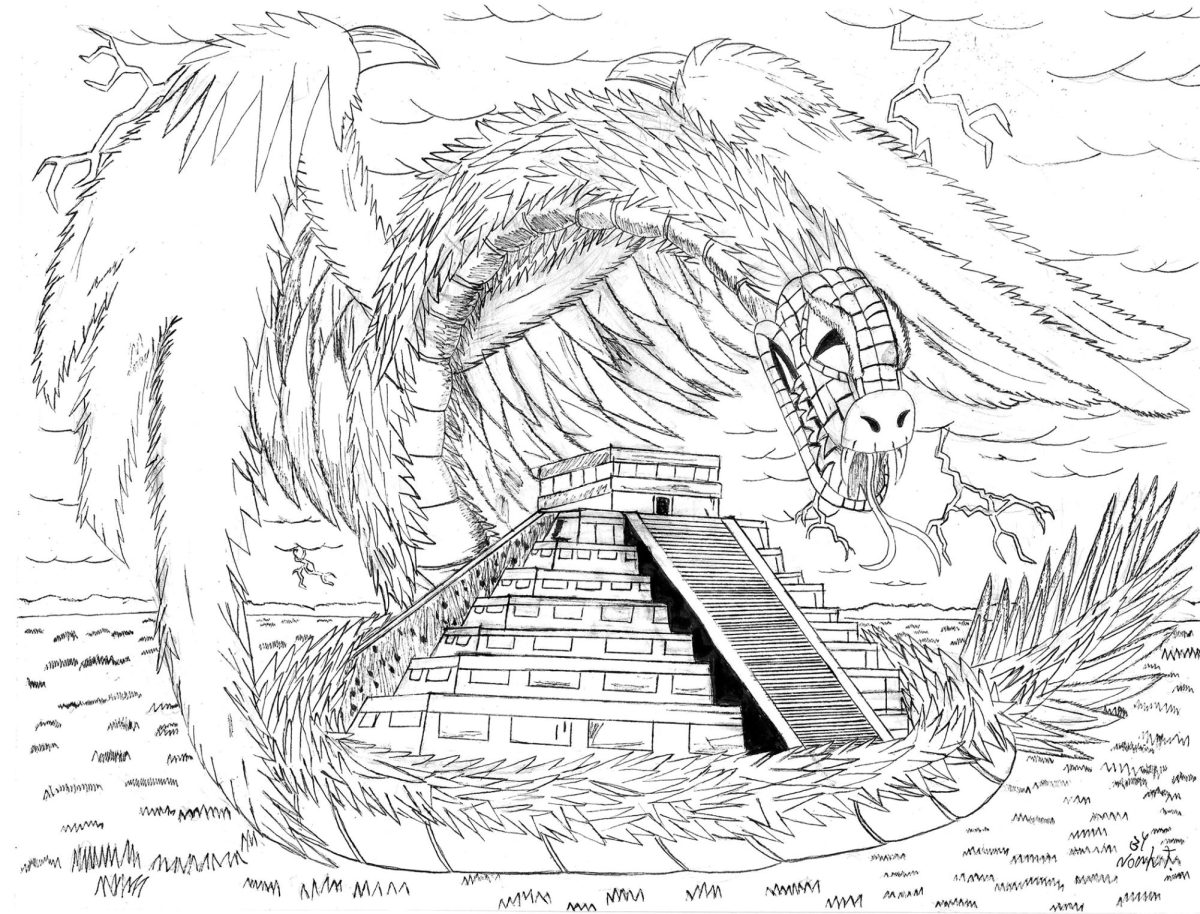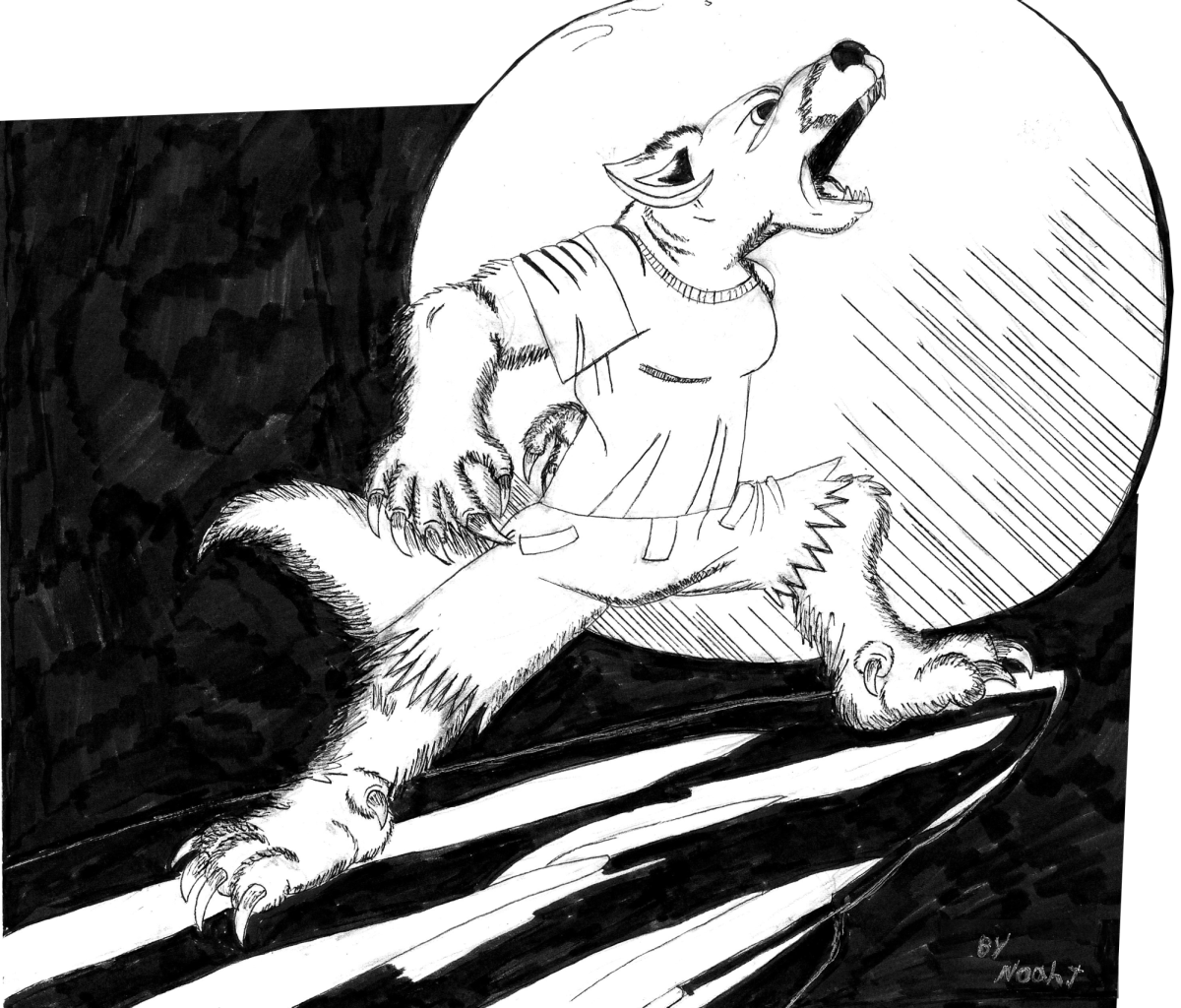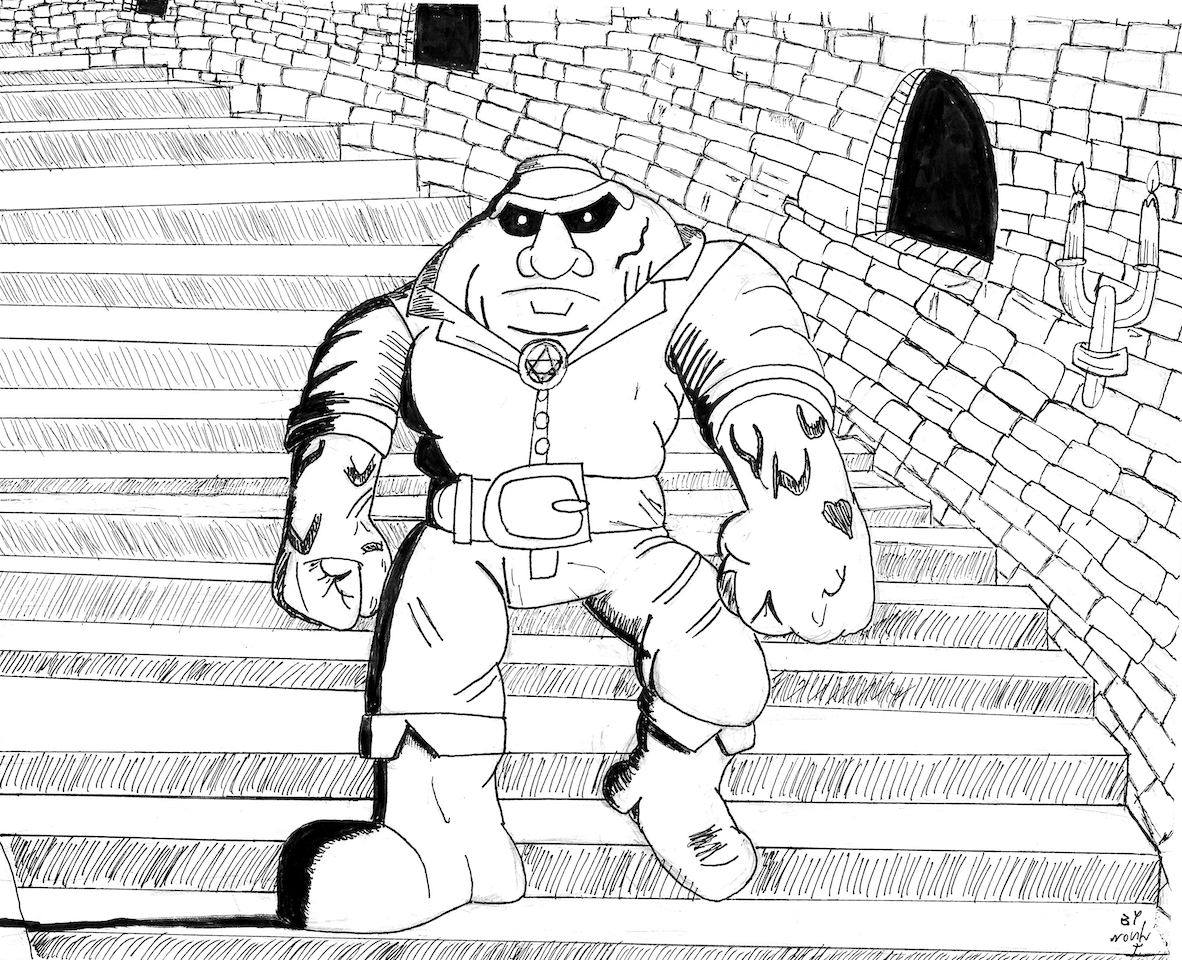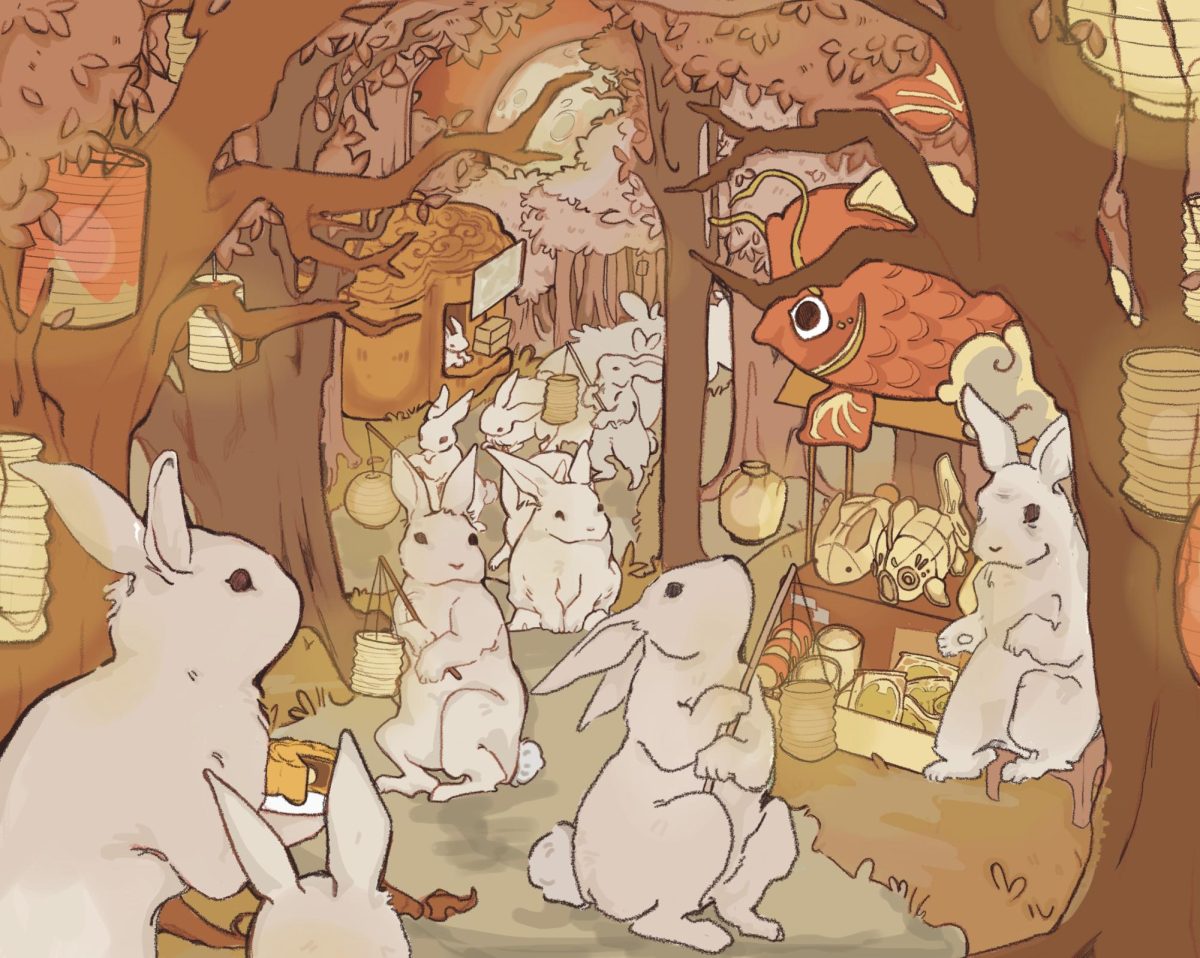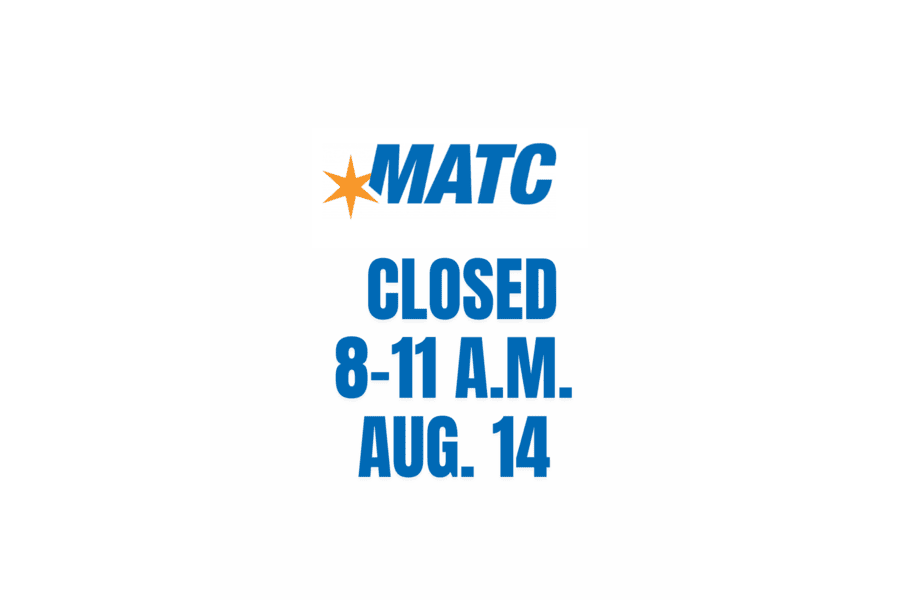Ahmet Ertegun was a pioneer in the advancement and promotion of Black Music in America. As a kid in New York, he would sneak into The Apollo Theatre to watch the popular acts of the day. As a young adult Ertegun, on a $10,000 loan, founded Atlantic Records in 1947, which became one of this country’s greatest independent record labels. He’s the guy that bought the contract of a then unknown Ray Charles and pushed him into the limelight, same with Aretha Franklin. A thorough box set chronicling the history of his label from an insider’s point of view was recently released just in time to celebrate Black History Month.
Atlantic Records: Time Capsule (Atlantic) is nine CDs and one DVD that takes a look at the hits and pivotal tracks that encompass the company. Ertegun’s philosophy with the label was to just make records that he would want to buy, and his label catered to that idea.
They released 22 unsuccessful singles before they hit with Stick McGhee’s “Drinkin’ Wine Spo-Dee-O-Dee” in 1949; after that the label flourished. The 165 tracks here reinforce Ertegun’s love for rhythm and blues. Music true to its genre like Ray Charles’ “I Got a Woman,” “Shake, Rattle and Roll” by Big Joe Turner and Ivory Joe Hunter’s “Since I Met You Baby” laid the foundation for the label.
Ahmet then hired his brother Nesuhi to head the jazz division who contributed Charles Mingus (“Wednesday Night”), John Coltrane (“Giant Steps”) and Herbie Mann (“Comin’ Home Baby”) to give Atlantic some diversity.
During the ’60s Atlantic brought us Sam & Dave (“Hold On”), Wilson Pickett (“In the Midnight Hour”) and Otis Redding (“I’ve Been Loving You”). In the ’70s they branched out even more by signing such pivotal British acts as Led Zeppelin (“Kashmir”), Cream (“Sunshine of Your Love”), Derek and The Dominoes (“Layla”) and Blind Faith (“Can’t Find My Way Back Home”).
All this and more on the set’s first three CDs.
You get the idea. Atlantic is as important a label as this country has produced. The box closes with T.I.’s “Whatever You Like” from last year. In between the set includes music by Roberta Flack, Chic, Slave, Levert, En Vogue, Aaliyah, Flo Rida and Lupe Fiasco.
Also included is a stunning book of pictures from the staff photographers, cool memorabilia and a recreation of that first 70 45 rpm hit single “Drinkin’ Wine.” Sadly, Ertegun passed in 2006 from complications after falling and hitting his head backstage at a Rolling Stones’ concert.
Elvis Costello has started a great little series of recordings for fans who simply can’t get enough Elvis. The second in this series, now called The Costello Show is a really decent show released almost 32 years after its original recording.
Elvis Costello Live At Hollywood High (Hip-o) captures Elvis and his band, The Attractions, storming their way through 20 selections. With only two albums under their belt, the band is still stupidly excited about the material and duck, weave, jab and counter punch through the set.
Standouts include “Radio, Radio,” “Stranger in the House,” “Mystery Dance” and a killer piano only version of “Accidents Will Happen.”
Freedy Johnson is a pretty good singer/songwriter who’s been out of the spotlight recently. It’s great to have him back on the just released Rain On the City (Bar None). His previous release was back in 2001, and his stylings went unappreciated.
Timing is everything. At least that’s what my older brother told me when I asked his advice about girls.
Johnston’s timing is right on track here. His brand of easy good old Midwestern rock is a pleasant departure from the usual fare of the day. As I said, the guy can write, his songs are tight, smart, economical and very catchy.
He doesn’t have a powerful voice, but his vocals are far from weak, at times even revealing his Kansas roots.
Standouts include “It’s Gonna Come Back to You,” “The Kind of Love We’re In,” “The Devil Raises His Own,” and my favorite of the bunch, “Don’t Fall In Love With a Lonely Girl.”
Anyone who enjoys the work of Mark Oliver Everett and his band the Eels understands that his music looks at things from a different point of view than most. Their latest is End Times (Vagrant), and it takes a look at one’s life and what he has to look forward to after the break-up of a long-term relationship.
Stripped down minimal arrangements, led for the most part by Everett’s piano work, is the musical foundation of the material here. His almost hopeless approach to the life around him, including the work place, the loss of common decency and the desperate times we live in, is a reflection of his surroundings.
Standouts include “In My Younger Days,” “Line In the Dirt,” “Unhinged” and “Little Bird.
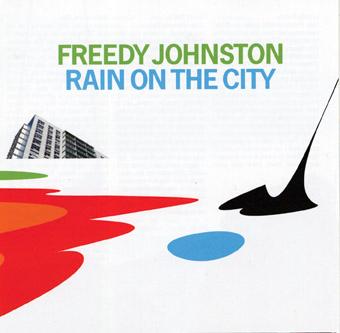
(Bob Hanson)

